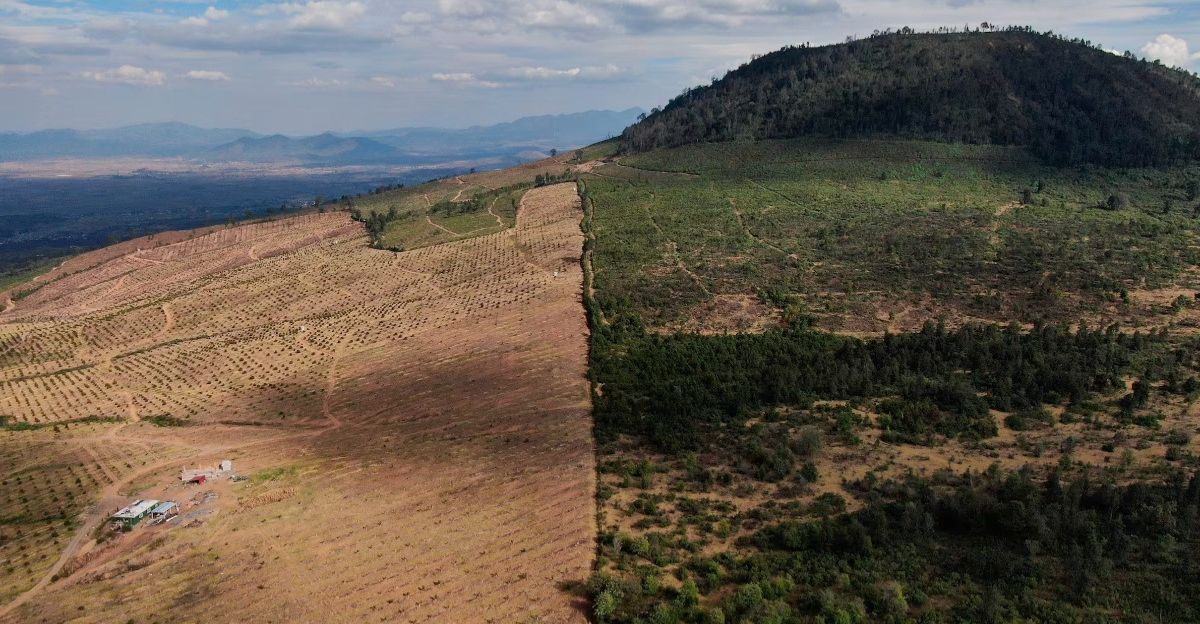
Avocados have surged in global popularity, becoming a staple in diets worldwide due to their nutritional benefits and versatility. This increased demand has led to expansive cultivation, particularly in Mexico, the world’s leading producer. However, this agricultural boom has significant environmental repercussions. Extensive avocado farming has been linked to deforestation, loss of biodiversity, and habitat destruction. In regions like Michoacán, vast tracts of forest are cleared annually to make way for avocado orchards, threatening ecosystems and the species that inhabit them. Understanding the balance between agricultural development and environmental conservation is crucial in addressing these challenges.
Avocado Farming and Deforestation in Mexico
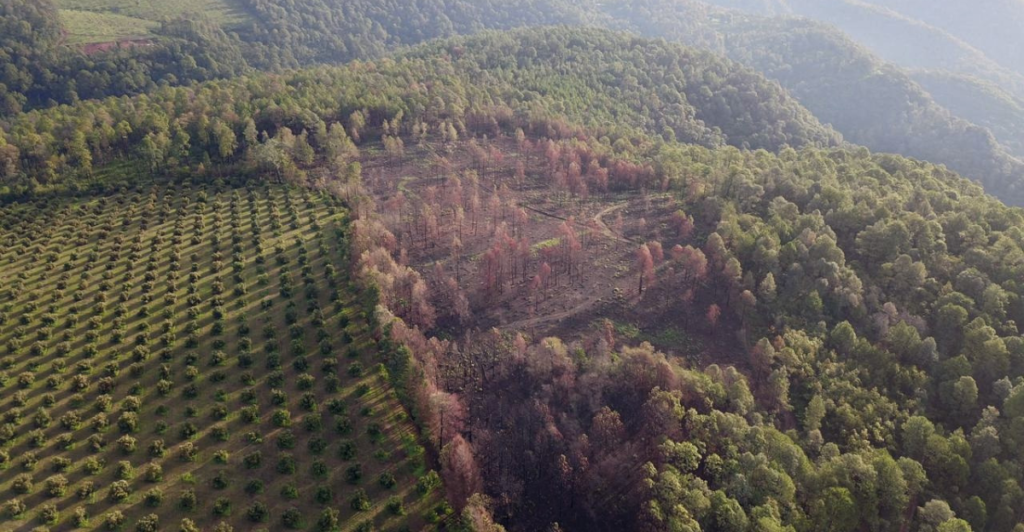
Mexico’s Michoacán region, responsible for a significant portion of the world’s avocado supply, has experienced extensive deforestation due to the expansion of avocado plantations. Between 2001 and 2017, avocado cultivation accounted for approximately 20% of deforestation in this area. This large-scale clearing of forests disrupts ecosystems and contributes to environmental degradation.
Threats to Biodiversity from Avocado Expansion
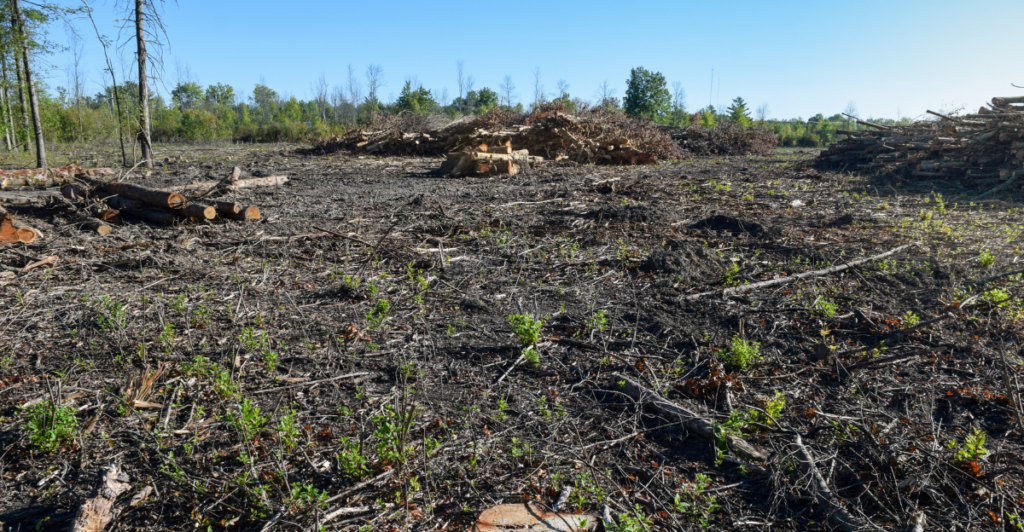
The conversion of forests into avocado orchards poses a severe threat to biodiversity. In Michoacán, up to 25,000 hectares of forest are cleared annually for avocado farming, endangering habitats of species such as jaguars, cougars, and various endangered wildlife. Losing these habitats can lead to declining species populations and disrupt ecological balance.
Water Consumption and Resource Strain
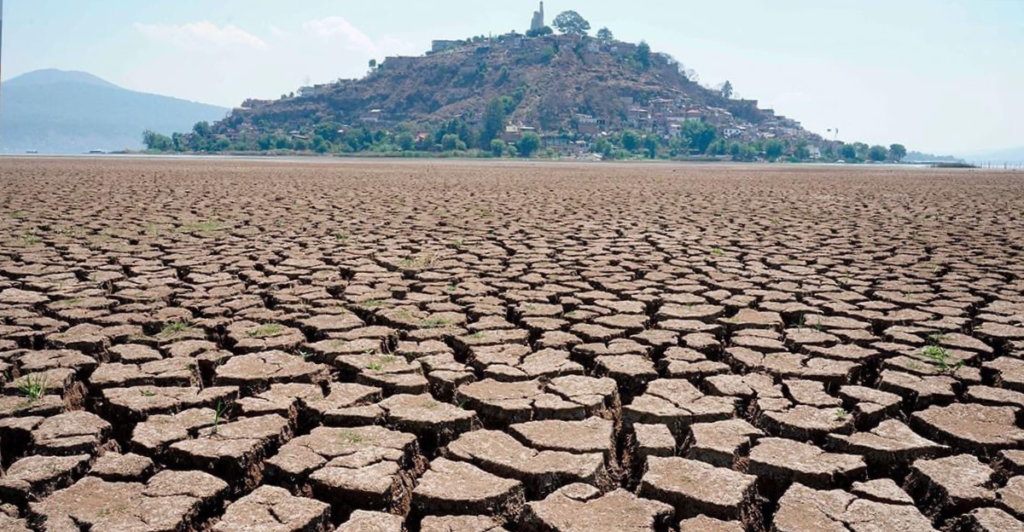
Avocado cultivation is notably water-intensive, requiring substantial irrigation that can strain local water resources. In regions like Michoacán, the increased demand for avocado farming has led to water shortages, affecting the environment and local communities. The depletion of water resources can have cascading effects on agriculture, drinking water availability, and overall ecosystem health.
Illegal Land Clearing and Environmental Degradation

Some producers have resorted to illegally burning forests to convert land for avocado cultivation to bypass Mexican laws restricting deforestation. This practice results in habitat loss, contributes to air pollution, and accelerates climate change. The intentional destruction of forests undermines conservation efforts and poses significant environmental challenges.
Impact on Indigenous Communities and Land Use
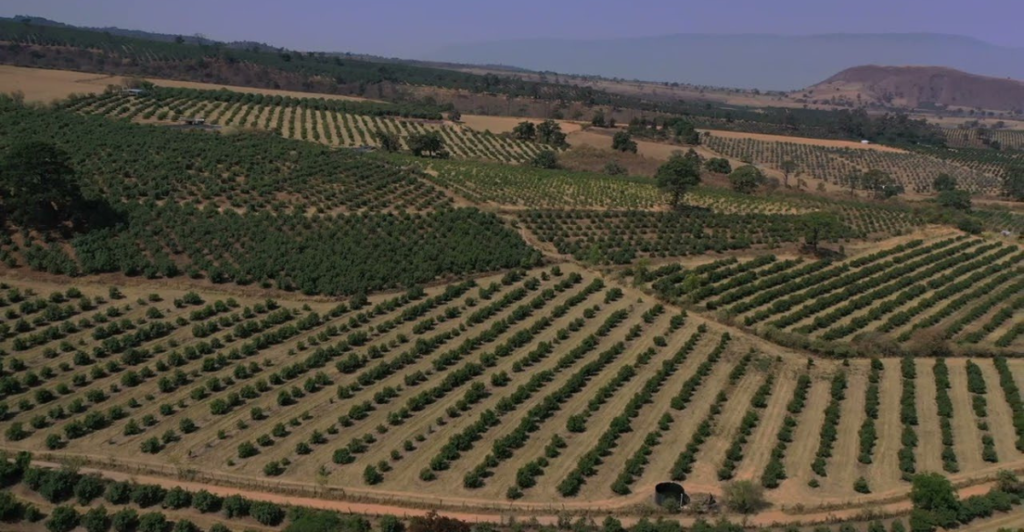
The expansion of avocado farming has also affected Indigenous communities, leading to land disputes and displacement. In some cases, valuable forest lands have been cleared illegally, impacting the livelihoods and cultural heritage of Indigenous populations. The encroachment on Indigenous lands raises ethical concerns and highlights the need for equitable land-use policies.
Economic Drivers Behind Avocado Cultivation
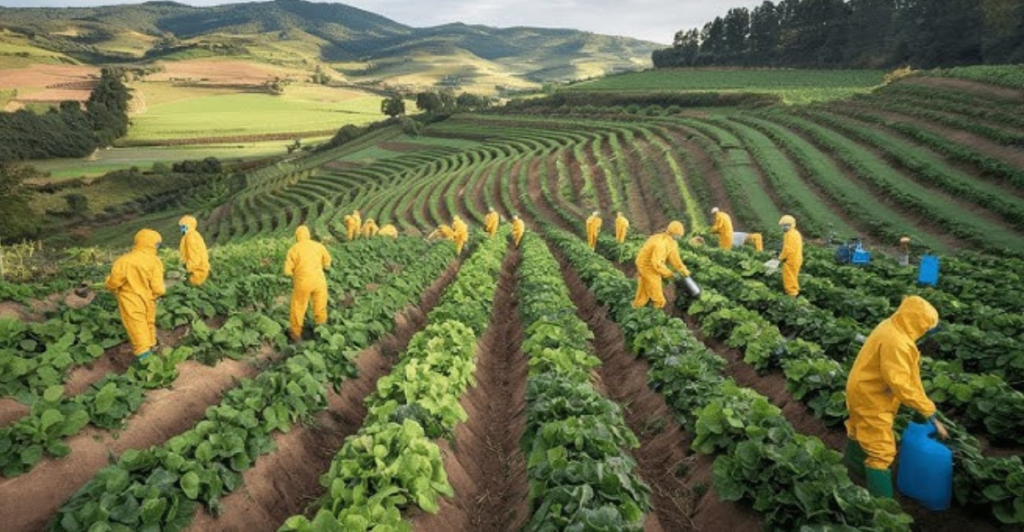
The lucrative avocado market has incentivized extensive cultivation. By September 2023, Mexico exported 1.19 billion tons of avocados to the U.S., surpassing the total exports of 1.03 million tons for all of 2022. This economic boom, while beneficial for producers, has intensified environmental pressures due to the expansion of farming areas.
Global Demand and Its Environmental Consequences
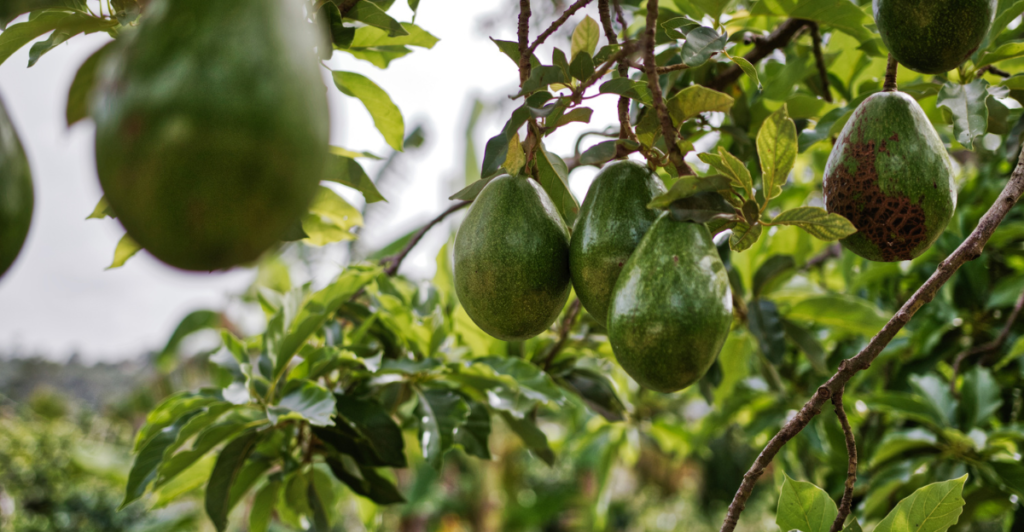
The global appetite for avocados has led to increased production, often at the expense of tropical forests. The deforestation associated with fruit production, including avocados, results in biodiversity loss, disruption of ecosystems, and land degradation. Sustainable production methods are essential to mitigate these environmental impacts.
Conservation Efforts and Sustainable Practices
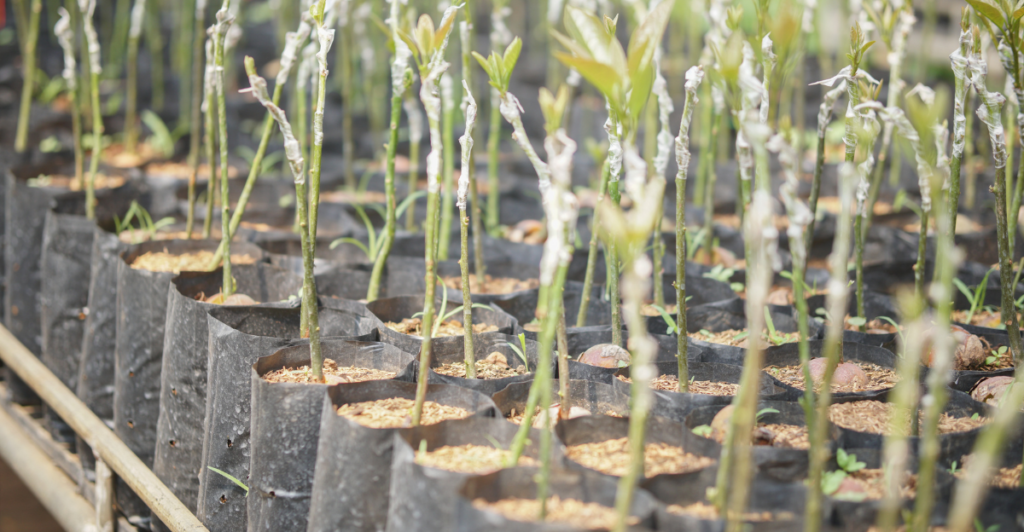
Addressing avocado farming’s environmental impact requires implementing sustainable agricultural practices and enforcing conservation policies. Strategies include promoting agroforestry, improving land-use planning, and supporting certifications that ensure environmentally friendly production methods. These efforts aim to balance economic interests with ecological preservation.
Consumer Awareness and Responsible Consumption
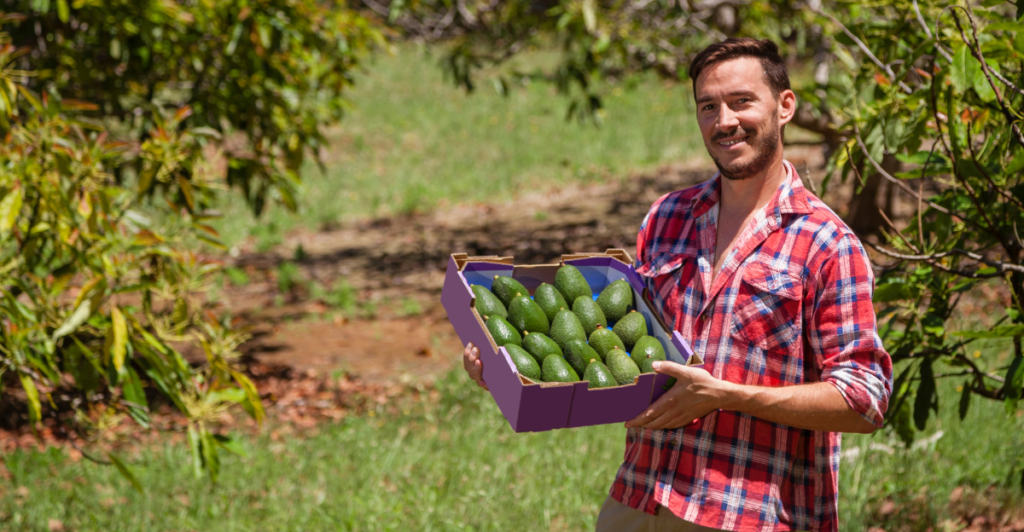
Consumers play a pivotal role in mitigating the environmental impact of avocado farming. By choosing avocados sourced from sustainable farms and supporting eco-friendly brands, consumers can drive demand for responsible production practices. Increased awareness about food products’ origins and environmental footprints can lead to more informed purchasing decisions.
Future Outlook: Balancing Demand with Environmental Stewardship
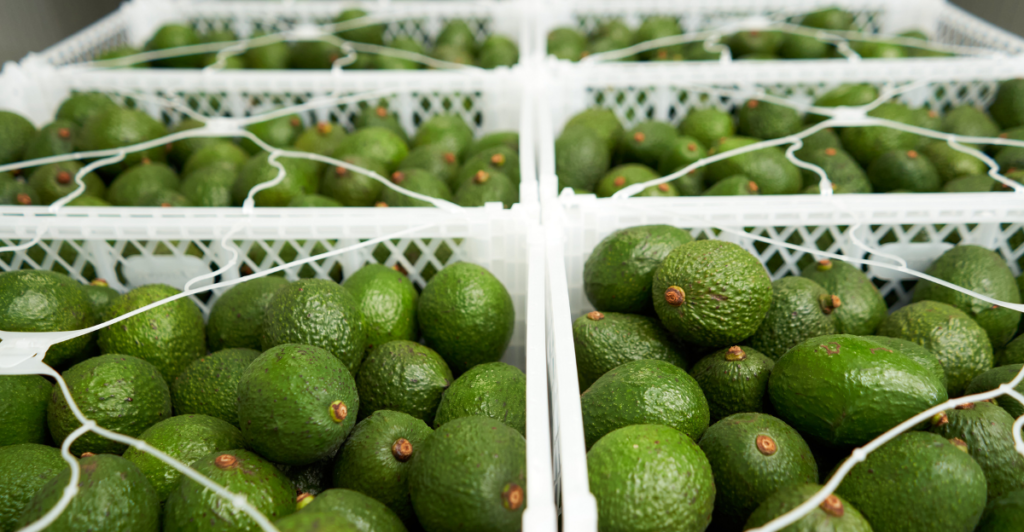
As the demand for avocados continues to grow, it is imperative to balance satisfying consumer needs and preserving the environment. Collaborative efforts among governments, producers, and consumers are essential to develop policies and practices that promote sustainable agriculture, protect forests, and ensure the longevity of the avocado industry and the ecosystems it impacts.
Explore more of our trending stories and hit Follow to keep them coming to your feed!

Don’t miss out on more stories like this! Hit the Follow button at the top of this article to stay updated with the latest news. Share your thoughts in the comments—we’d love to hear from you!







